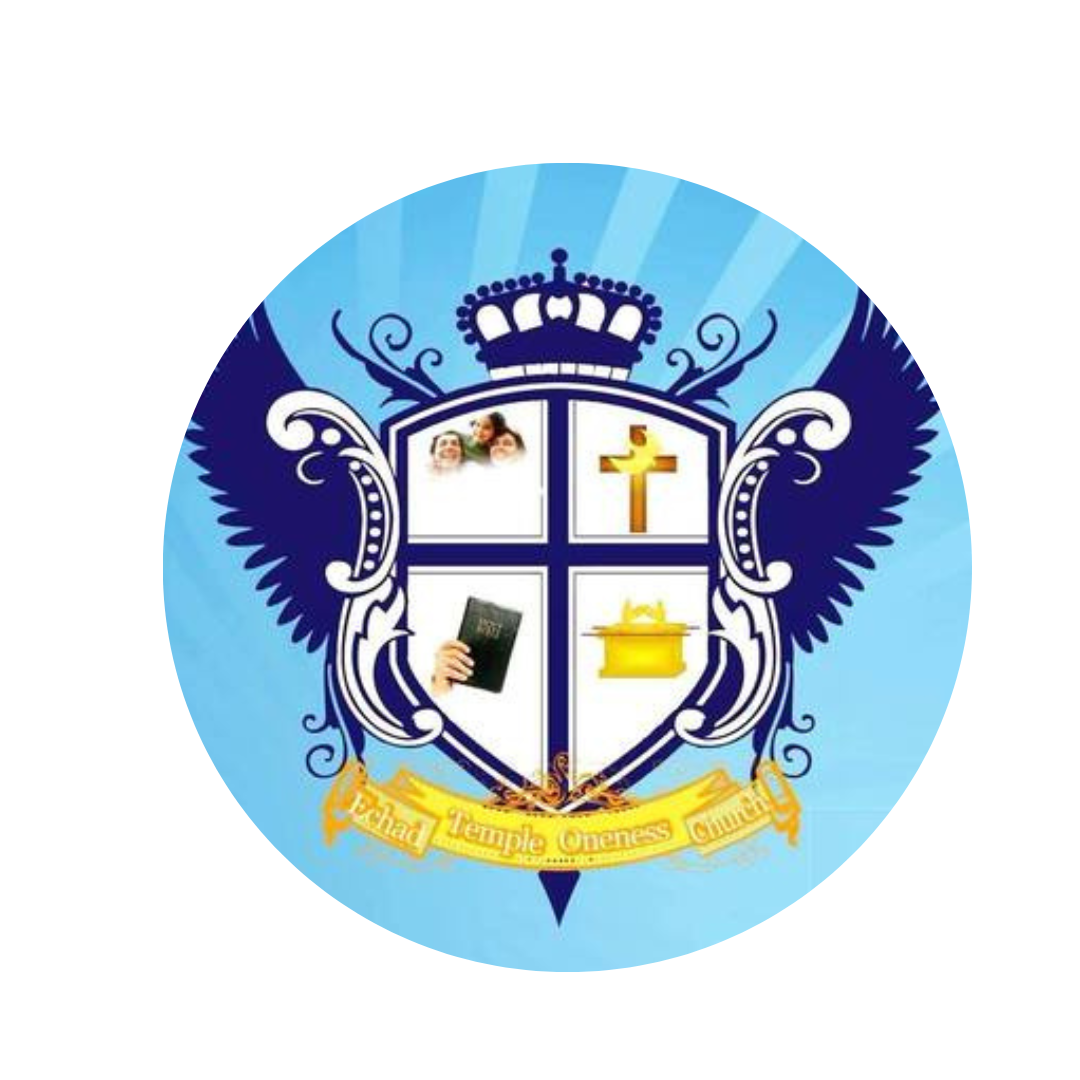Modernism
Overview
Modernism, characterized by rapid technological advancements, evolving cultural norms, and shifting worldviews, poses both challenges and opportunities for the future of the church. As societies continue to prioritize individualism, science, and secular values, the church faces the question: How can it remain relevant while staying true to its core doctrines? By embracing the beneficial aspects of modernism while addressing its potential pitfalls, the church can adapt and thrive in this dynamic era.
Challenge
Understanding Modernism
Modernism refers to the cultural, intellectual, and social shifts that emphasize human reasoning, scientific discovery, and progress. It has reshaped how people view authority, religion, and tradition, fostering greater emphasis on personal autonomy and questioning established norms. While modernism has driven societal progress, such as advancements in technology and human rights, it has also led to increased secularization and skepticism of religious institutions.
Results
Theological Impact
Modernism challenges the church to rethink how it engages with a rapidly changing world while staying anchored in God’s unchanging truth. By embracing innovation, fostering authentic relationships, and addressing the pressing needs of today’s society, the church can remain a beacon of hope and transformation in the modern era. The future of the church depends on its ability to adapt its methods while proclaiming the eternal message of Christ with clarity, relevance, and conviction.







